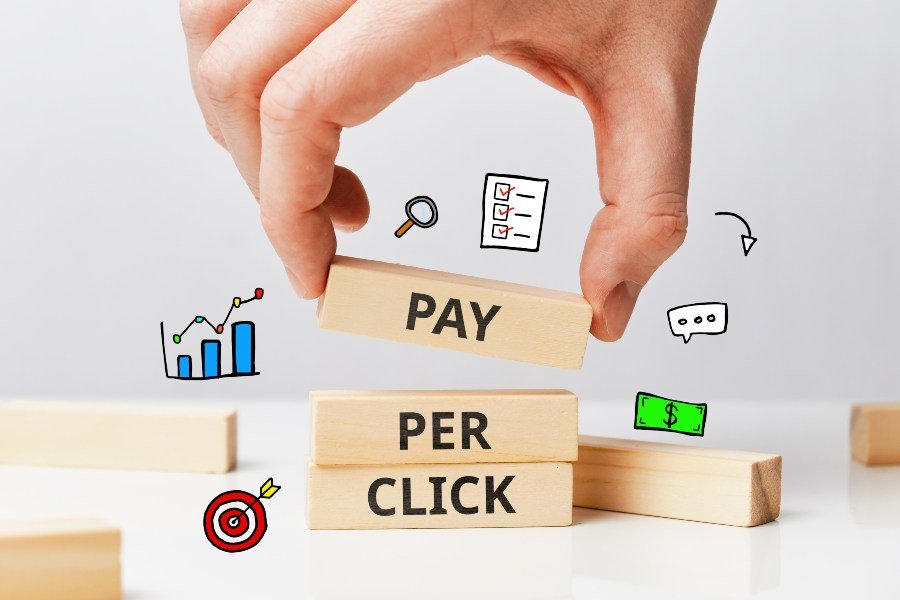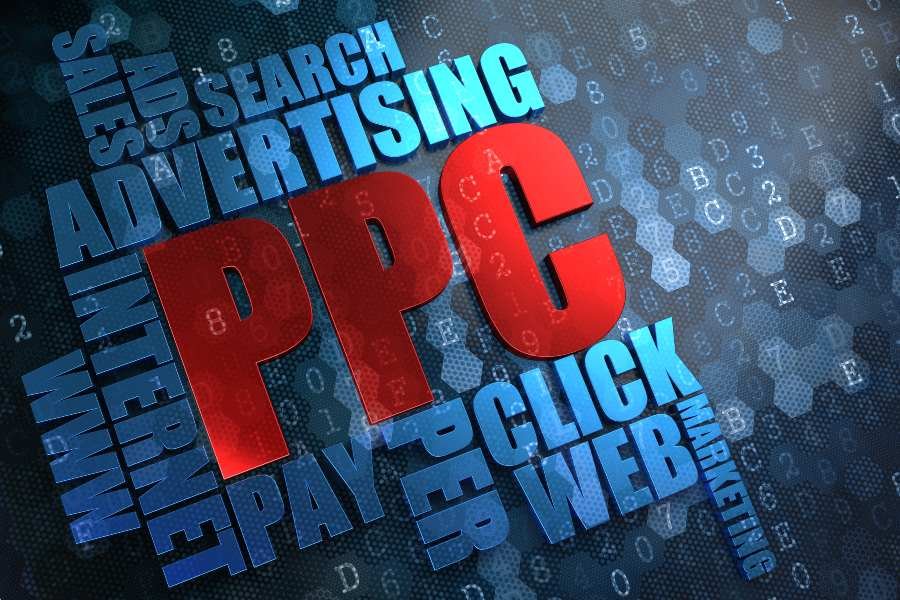Paid search, often referred to as PPC advertising (pay-per-click advertising), is a form of online marketing where advertisers pay to display their websites at the top of search engine results pages (SERPs).
Platforms like Google Ads allow businesses to bid on specific keywords related to their products or services. When someone searches for those terms, your business’ ad might appear at the top of the results. The beautiful part? You only pay when someone clicks on your ad—this is where the term Cost Per Click (CPC) comes in.
For example, if you own a bakery in San Francisco and someone searches for “fresh croissants near me,” a paid search campaign could ensure your bakery appears front and center in their search results.

Why is Paid Search Important for Small Businesses?
For many small businesses, being visible online is critical—but it’s also challenging. With limited resources and increasing competition, organic rankings can take time and effort to climb. This is where paid search marketing steps in to help level the playing field.
1. Instant Visibility
Unlike SEO, which often takes months to yield results, paid search delivers immediate visibility. If you’re launching a new product or service, a paid search campaign can help you get in front of your target audience right away.
2. Cost-Effective Advertising
Because PPC advertising works on a Cost Per Click (CPC) model, you’re only paying for results. Compared to traditional advertising mediums, this ensures you’re making the most out of your marketing budget. You control how much you’re willing to pay for each click and set daily budgets to keep your spending in check.
3. Targeted Audiences
Paid search allows you to reach a very specific audience. With tools like Google Ads, you can target people based on their geographic location, device type, search intent, and even the time of day they’re browsing. For small businesses, this precision ensures you’re reaching potential customers actively looking for what you offer.
4. Measurable Results
One of the biggest benefits of paid search marketing is its ability to deliver precise data. You can track metrics like cost per click, impressions, conversions, and return on ad spend. This means you know exactly how your advertising dollars are performing.

Balancing Paid Search with SEO
While paid search marketing is a powerful tool, it works best when combined with a robust SEO strategy. While ads offer instant visibility, organic search results build long-term credibility for your business.
Here’s how they can work together for maximum impact:
- SEO for Long-Term Success: Boosting your organic rankings ensures your business remains visible even if your budgets for paid ads shrink.
- Keyword Insights: Use data from your paid search campaigns to identify high-performing keywords for your SEO efforts.
- Enhanced Brand Awareness: The more often people see your business—whether through ads or organic results—the more trust you’ll build as a brand.
How to Start a Paid Search Campaign
You might already be sold on the benefits of paid search—but how do you get started? Here’s a step-by-step guide for launching your first paid search campaign.
Step 1: Define Your Goals
What are you hoping to achieve with your campaign? Are you looking to drive traffic to your website? Generate leads? Boost sales for a specific product? Defining clear goals will help you create a strategy aligned with your business objectives.
Step 2: Identify Target Keywords
The success of your campaign heavily relies on choosing the right keywords. The more relevant your keywords are to your target audience, the better. For instance, if you’re a plumbing service, target terms like “emergency plumber near me” or “affordable plumbing services.” Use tools like Google Keyword Planner to discover high-performing keywords.
Step 3: Set a Budget
Start small and see how your campaigns perform. Platforms like Google Ads allow you to set daily budgets or maximum CPC bids. Keep in mind that some industries—such as legal or healthcare—can have higher CPC rates due to competition, while others might be cheaper.
Step 4: Craft Compelling Ads
Your ad copy plays a significant role in getting users to click. Be clear and concise, highlight benefits, and include a strong call-to-action. For example, “Get Same-Day Plumbing Repairs – Call Now!” is compelling and action-driven.
Step 5: Launch and Monitor
Once your campaign is live, monitor it regularly. Tools like Google Ads provide detailed insights into your campaign’s performance. Look at metrics like click-through rates and conversions to determine what’s working and what needs improvement.
Is Paid Search Right for Your Business?
If you want to reach your audience faster and stand out in a crowded marketplace, paid search is an excellent strategy for your small business. Combine paid search campaigns with focused SEO efforts, and you’ll have a winning formula for growth.
Get started today, and don’t be afraid to experiment. Platforms like Google Ads make it easy for small businesses to test, learn, and refine their strategies.


